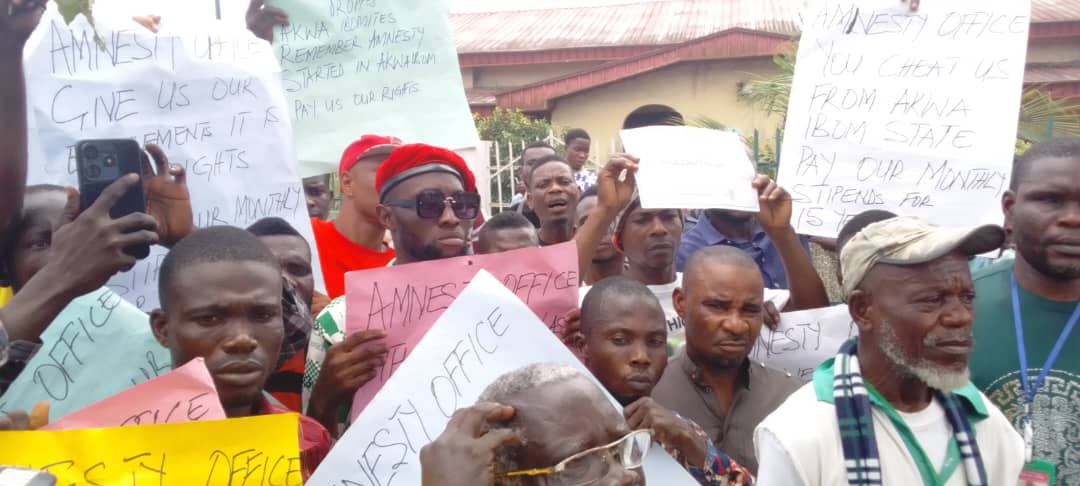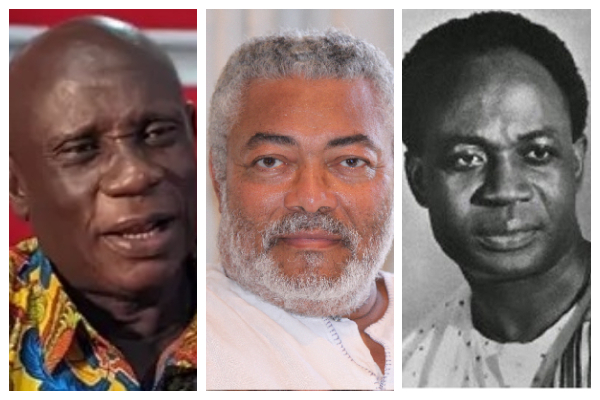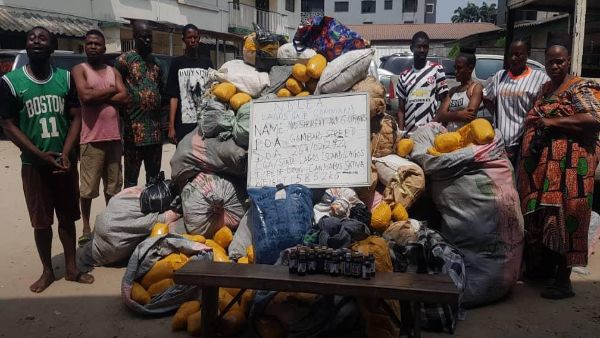Drive for Human Capital Development

Vice President Kashim Shettima's consistent emphasis on human capital development highlights its crucial role in Nigeria's future. His vision, articulated across various forums, underscores the necessity of investing in education, health, and skills to unlock the nation's potential and drive sustainable economic growth. This commitment was recently reinforced at the launch of Akwa Ibom State’s National Human Capital Development (HCD) Accelerator Project and the ARISE Human Capital Development Strategy, where Shettima reiterated Nigeria’s goal to rank among the top 80 countries on the global Human Capital Index (HCI) by 2030.
Shettima's focus aligns with the understanding that in today's interconnected world, a nation's true wealth lies in its people. Human capital development is not merely a social objective but a fundamental driver of economic progress, innovation, and societal resilience. Countries that prioritize investments in education and skills development tend to see significant growth in their manufacturing and technology sectors, as a skilled workforce attracts investment and fosters innovation. A healthy population further contributes to economic stability by reducing lost workdays and enhancing overall productivity.
The Vice President has continually stressed the importance of nurturing Nigeria's youthful population, its demographic dividend, to avoid it becoming a demographic disaster. He advocates for a paradigm shift towards prioritizing education, healthcare, and vocational training as the cornerstones of sustainable development. Shettima envisions a Nigeria where citizens are equipped with the knowledge and skills to compete in the global economy, fostering innovation and entrepreneurship to create an environment where human capital can thrive.
During the launch in Akwa Ibom, Shettima commended the state for its early adoption of the national blueprint across all local government areas, emphasizing that successful policies must be rooted in grassroots implementation. He highlighted the introduction of the second phase of the National Human Capital Development Programme (HCD 2.0), which builds on previous efforts with a greater focus on integration and impact. The Vice President also announced the launch of an HCD Dashboard to monitor key indicators, ensuring data-driven policy implementation aimed at addressing critical issues such as child vaccination rates, maternal health, and youth opportunities.
Shettima also lauded Akwa Ibom State's progress in reducing under-five mortality rates and out-of-school children, noting that the state is ahead of the national curve in these areas. Additionally, the federal government unveiled Project Fuuku, a clean cookstove initiative that expands on a successful pilot in Nasarawa State, addressing public health, gender equality, and climate concerns by reducing indoor pollution and fuel scarcity for rural women.
To ensure the long-term sustainability of these initiatives, Shettima announced plans to institutionalize an HCD Fund, safeguarding investments in people beyond political cycles. He emphasized that achieving the target of a 0.6 Human Capital Index score and becoming a top-80 nation globally by 2030 requires bold action, swift implementation, data-driven strategies, and innovative financing. He asserted that building human capital is the most enduring legacy a nation can create.
Governor Umo Eno of Akwa Ibom State affirmed the state's commitment to human capital development, pledging to continue investing and collaborating with the National Coordinator of Human Capital Development in Nigeria. He announced plans to domesticate the human capital development program through an Executive Bill to the state House of Assembly, ensuring its integration at the local government level. Eno commended the Vice President for his leadership in implementing the initiative, recognizing the federal government's non-partisan approach to development.
National Coordinator of Human Capital Development in Nigeria, Rukaiya El-Rufai, highlighted Nigeria's current ranking of 168 out of 174 countries in the human capital development index. She recalled the 2018 National Economic Council (NEC) meeting, where state governors committed to developing a human capital program. El-Rufai emphasized the importance of continuity in the initiative, which has a long-term result framework, and noted that human capital development improves health and well-being, enabling individuals to achieve their fullest potential.
In conclusion, Vice President Shettima's focus on human capital development is a crucial and timely discourse. His emphasis on this issue has the potential to raise awareness and galvanize action. The nation must hold the government accountable, demanding concrete steps and measurable progress to ensure that Nigeria's human capital is developed to its fullest potential.













